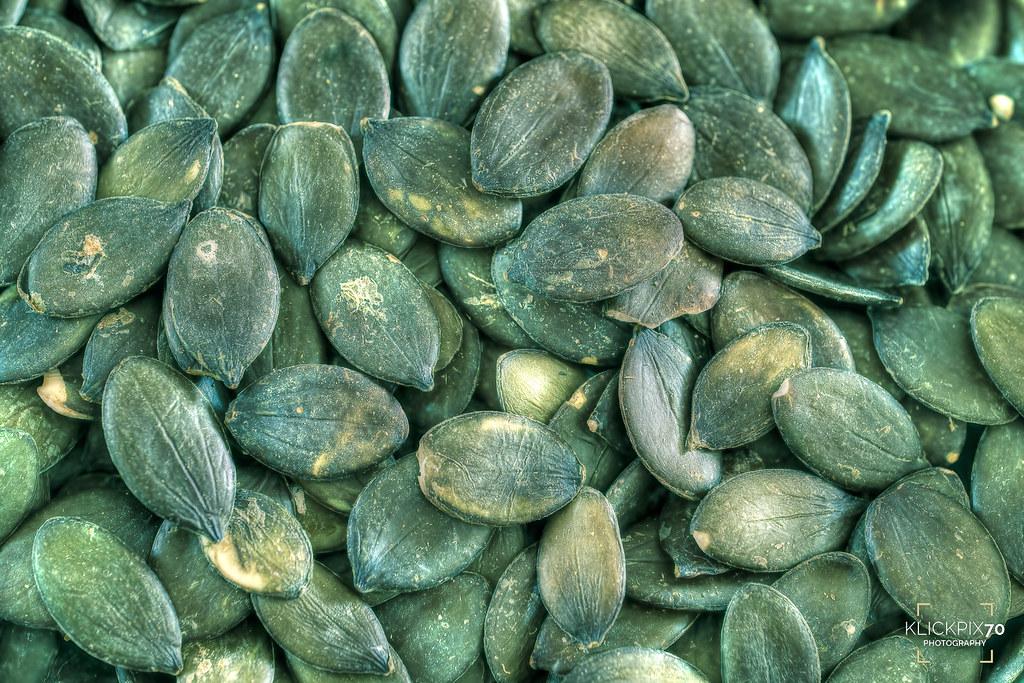In the hustle and bustle of our daily lives, it’s easy to focus on the big picture when it comes to nutrition—calories, protein, carbohydrates, and fats often take center stage. However, nestled within this larger framework are micronutrients, the unsung heroes of our diet that play a crucial role in maintaining our health and well-being. These vitamins and minerals, though needed in much smaller amounts, are essential for everything from energy production and immune function to bone health and brain development. Understanding the importance of micronutrients can feel overwhelming, but with a little guidance, you can learn how to incorporate them into your diet effectively. This article will explore the vital role micronutrients play in our bodies and provide practical tips on ensuring you receive an adequate supply, empowering you to make informed choices that support your long-term health.
Understanding the Role of Micronutrients in Health and Well-being
Micronutrients, though required in small amounts, play an immense role in maintaining overall health and well-being. These vital components, comprising vitamins and minerals, support a myriad of bodily functions that ensure we thrive physically and mentally. Vitamins like A, C, D, E, K, and the B-complex group, as well as minerals such as iron, calcium, magnesium, and zinc, are essential for processes like immune function, bone health, energy production, and cognitive performance.
- Vitamins: Boost immune system, improve vision, and aid in wound healing.
- Minerals: Strengthen bones, regulate heartbeat, and maintain muscle function.
Understanding the significance of these nutrients can be made easier with a simple reference table that outlines some of their primary functions:
| Micronutrient | Key Function |
|---|---|
| Vitamin A | Promotes healthy vision and skin |
| Vitamin C | Supports immune function and collagen production |
| Calcium | Essential for bone and teeth health |
| Iron | Vital for oxygen transport in blood |
Incorporating a diverse range of foods in your diet can help ensure you receive an adequate supply of these micronutrients. Fruits, vegetables, lean proteins, and whole grains are excellent sources that not only enhance your nutrient intake but also contribute to a balanced diet. Prioritizing these essential nutrients can be a cornerstone of sustaining long-term health and vitality.

Identifying Key Micronutrients and Their Impact on Your Body
Understanding the essential micronutrients your body requires is like discovering the blueprint to optimal health. These tiny, yet mighty components of your diet play a pivotal role in keeping your body functioning at its best. While they might not provide energy like macronutrients, their impact is profound and far-reaching.
Let’s explore some key micronutrients and their significant benefits:
- Vitamin D: Often called the “sunshine vitamin,” it supports bone health by aiding calcium absorption and has been linked to improved mood and immune function.
- Iron: Critical for oxygen transport in the blood, iron is essential for energy production and cognitive function. Iron deficiency can lead to fatigue and weakened immunity.
- Magnesium: This versatile mineral is involved in over 300 enzymatic reactions in the body, including energy production, muscle contraction, and nerve function.
Below is a simple table highlighting the daily recommended intake for these micronutrients:
| Micronutrient | Recommended Daily Intake | Key Sources |
|---|---|---|
| Vitamin D | 600 IU | Sunlight, Fatty Fish, Fortified Milk |
| Iron | 8-18 mg | Red Meat, Lentils, Spinach |
| Magnesium | 310-420 mg | Nuts, Whole Grains, Leafy Greens |

Practical Tips for Incorporating Essential Micronutrients into Your Daily Meals
Ensuring you get enough essential micronutrients can be a seamless part of your daily routine with just a few mindful adjustments. Start by enriching your meals with a variety of colorful fruits and vegetables, as they are nature’s powerhouse of vitamins and minerals. Think about adding a handful of spinach to your morning smoothie or topping your oatmeal with a mix of berries. These small changes can significantly boost your vitamin intake without disrupting your schedule.
- Variety is Key: Incorporate a wide range of foods to cover different micronutrient needs. For instance, include nuts and seeds for magnesium, and dairy or fortified alternatives for calcium.
- Smart Cooking: Opt for steaming or grilling rather than boiling, which can deplete nutrients. Consider using herbs and spices like turmeric and ginger that add flavor and health benefits.
- Mindful Pairing: Pair foods to enhance nutrient absorption, such as consuming vitamin C-rich foods with iron-rich plant sources to boost iron uptake.
| Micronutrient | Food Source | Daily Tip |
|---|---|---|
| Iron | Lentils, Spinach | Add lentils to your soup or salad. |
| Vitamin D | Salmon, Fortified Milk | Enjoy a grilled salmon dinner once a week. |
| Zinc | Pumpkin Seeds, Chickpeas | Snack on a mix of seeds and nuts. |

Addressing Common Challenges and Solutions for Maintaining a Balanced Micronutrient Intake
Maintaining a balanced micronutrient intake can be a daunting task due to various challenges that many face in their daily lives. From busy schedules to dietary restrictions, these obstacles can make it difficult to ensure you’re getting the right amount of vitamins and minerals. However, with a few practical strategies, you can overcome these hurdles and support your overall health.
- Time Constraints: With hectic lifestyles, meal planning often takes a backseat. Consider prepping meals in advance or opting for easy-to-make recipes rich in vegetables, lean proteins, and whole grains. Smoothies can be a quick way to pack in a variety of nutrients.
- Dietary Restrictions: Whether due to allergies, intolerances, or personal choices, dietary restrictions can limit your nutrient options. Focus on alternative sources, such as fortified foods, or consult with a nutritionist for personalized advice.
- Limited Access to Fresh Produce: If fresh fruits and vegetables are scarce, frozen or canned options can be a good alternative. They often retain most of their nutrients and have a longer shelf life.
| Micronutrient | Common Source | Alternative Source |
|---|---|---|
| Vitamin C | Oranges | Bell Peppers |
| Iron | Red Meat | Spinach |
| Calcium | Dairy Products | Almond Milk |
By addressing these common challenges with thoughtful solutions, you can create a more sustainable and balanced approach to micronutrient intake. Remember, small changes can lead to significant improvements in your health and well-being.








































